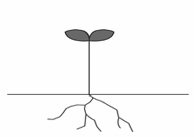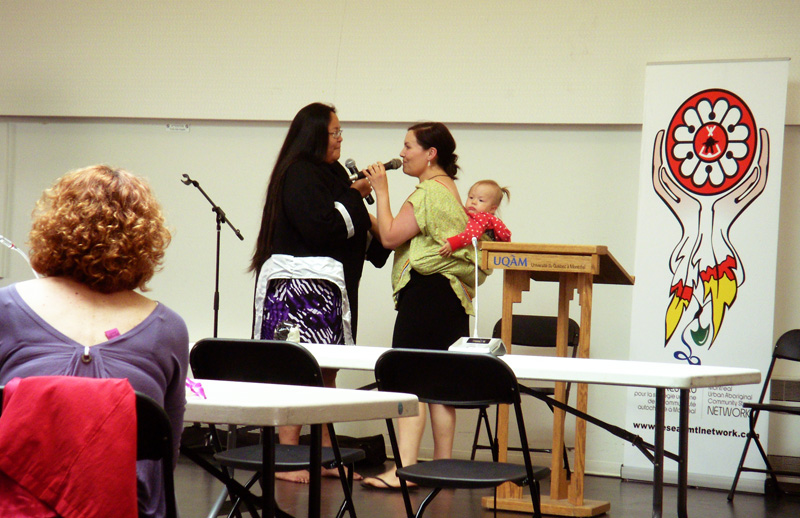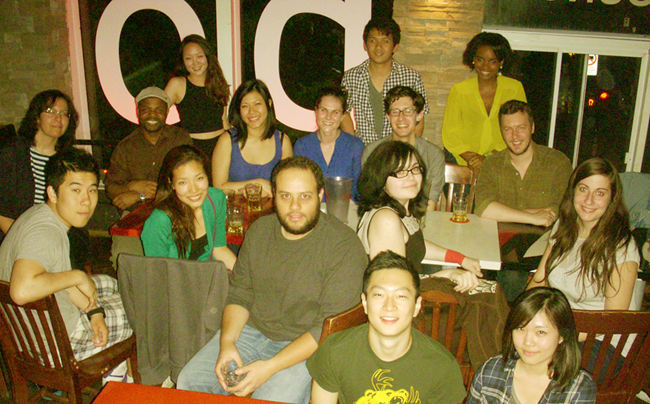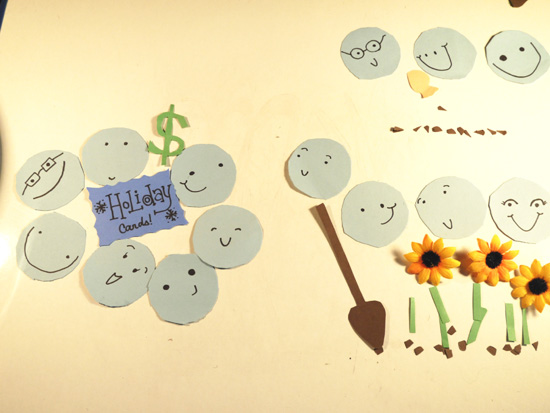By: Jeremy Freeze
When we hear the words “technological innovation,” the first thing that comes to mind is probably an iSomething, or creepy human-like robots that wander the uncanny valley. Whatever the case may be, the old saying “out with the old, in with the new” is certainly at the forefront of the relationship between technology and those living in industrialized countries. Unfortunately, this constant quest for “the new” results in “the old” being discarded in vast amounts; what was yesterday a prized possession is now seen as useless.
When thinking about technology in relation to developing regions, there seems to be a prevailing mindset that the path to development is paved with the technologies and practices of industrialized countries. However, we often lose sight of the fact that within the adverse conditions of these regions, innovative practices have emerged that emphasize sustainability and the reuse of materials to an extent that is sorely lacking in industrialized countries. In fact, by taking a look at a few of these innovations, we can see that there is a lot to be learned from the Global South when it comes to the relationship between people, the environment, and technological innovation.
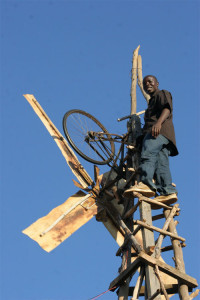
William Kamkwamba, Malawi
One of the most famous examples of ingenious innovation blossoming from impoverished conditions is the inspiring tale of William Kamkwamba. Faced with famine and poverty, this 14-year-old boy from Malawi was forced to drop out of school to help his family get by. But his desire to learn would not be quenched, and after studying the plans in a library book titled “Using Energy,” he decided to build his own windmill to power the electricity in his family’s home. Of course, William didn’t have the materials to build a windmill, so he went to the scrapyard and got together a hodgepodge of materials, including a bicycle frame, a tractor fan, and PVC pipe. And amazingly, his homemade windmill not only worked (powering four light bulbs in his home, along with the mobile phones of his neighbours), but garnered international attention, showing countless people the potential for the “trash” we discard without a second thought to be transformed into something incredible.
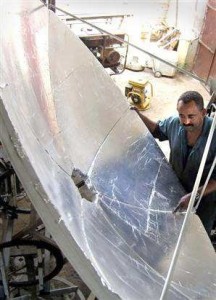
Seyom Goitom, Eritrea
William may be one of the most well known ambassadors of the idea that discarded materials can actually be used to create amazing things, but this type of ingenuity is seen time and again in impoverished regions where the luxury to purchase new goods is simply not there. Take for example Seyom Goitom, an Eritrean whose income, like most working Eritreans, is about 130 US dollars per year. Seyom, who has had a fascination with mechanics since he was a young boy, has used old and discarded materials to create some truly ingenious inventions; an old electric motor, motorcycle engine and meat grinder become an automatic biscuit dough maker, and an old satellite dish and tinfoil become a way to cook food that doesn’t further deplete the already scarce trees in the area.
And then there’s The Recycled Orchestra, made up of Paraguayan children who make beautiful music with instruments created with discarded materials. Living in impoverished conditions in the town of Cateura, which is actually built on top of a landfill, these children would normally never have access to expensive instruments like violins and cellos. Fortunately, local landfill worker Favio Chávez happens to be a musician, and where some might see “junk,” he saw the potential to bring music to the children of the town. What were once oilcans, old tins, and pipes have been transformed into cellos, violins, and flutes, allowing kids who could only have dreamed of playing in an orchestra to actually live that dream.
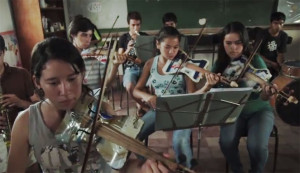
The Recycled Orchestra, Paraguay
A windmill, an automated dough maker, and an orchestra: three things that those living in industrialized countries would be shocked to learn were created from discarded materials. Yet developing regions have proven that bringing these materials back to life is simply a matter of changing your perspective toward them. Waste isn’t a waste if you use it to make something new, and as our environment continues to deteriorate, this is a lesson that the developed world would do well to remember. Because as William, Seyom, and Favio understand, in each piece of discarded “trash” there is energy waiting to be harnessed, an invention waiting to be created, and a song waiting to be played.
